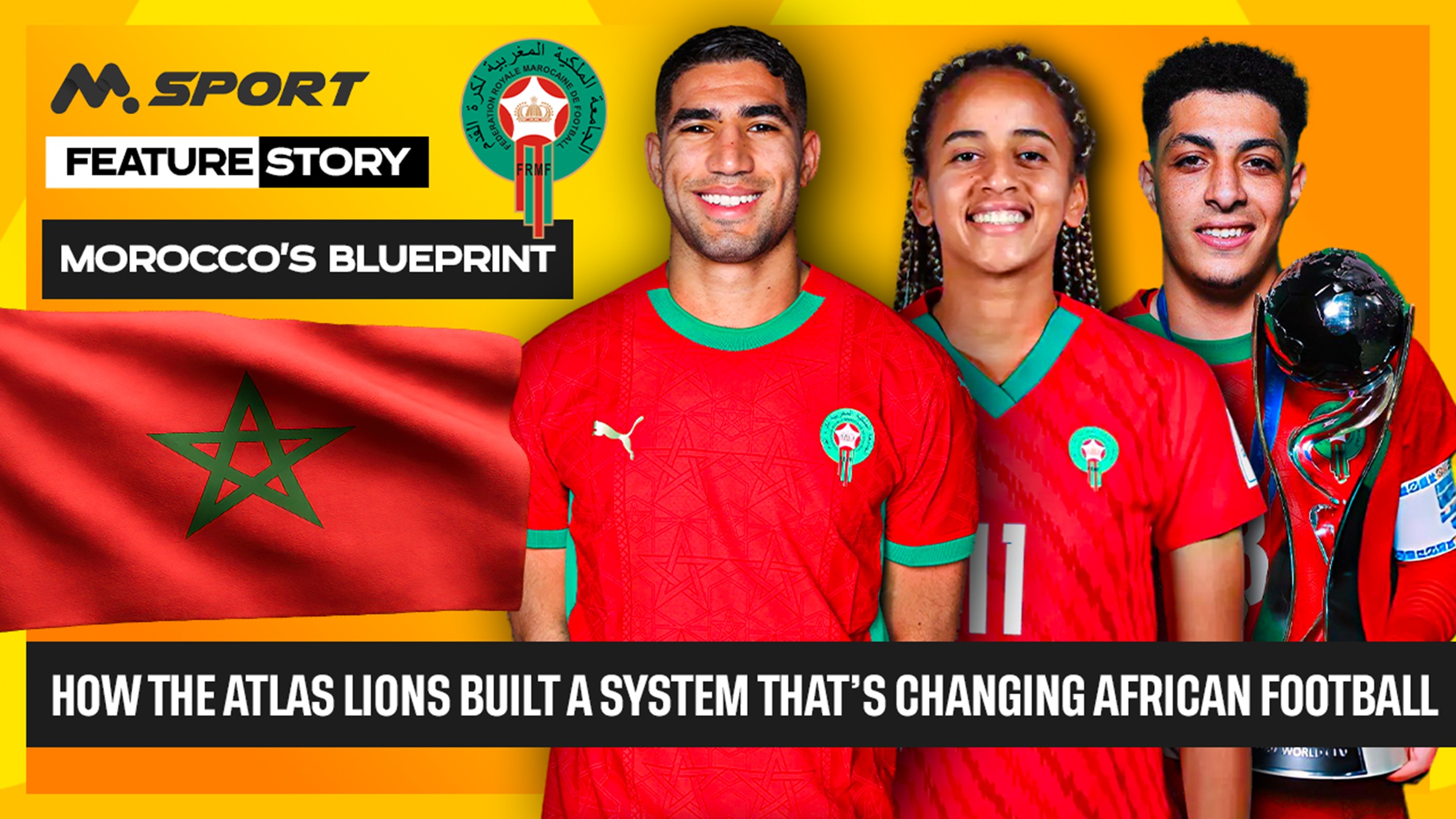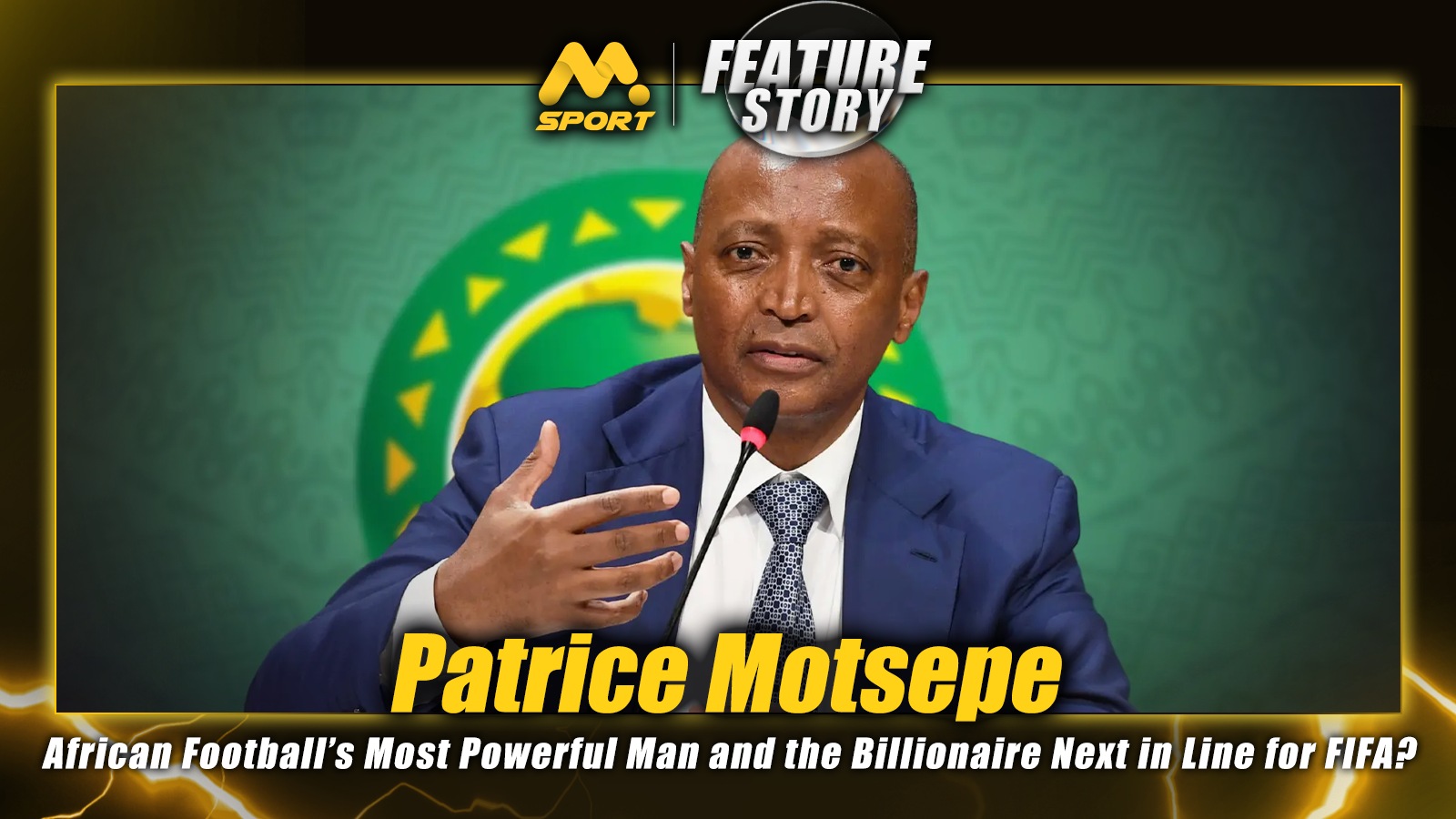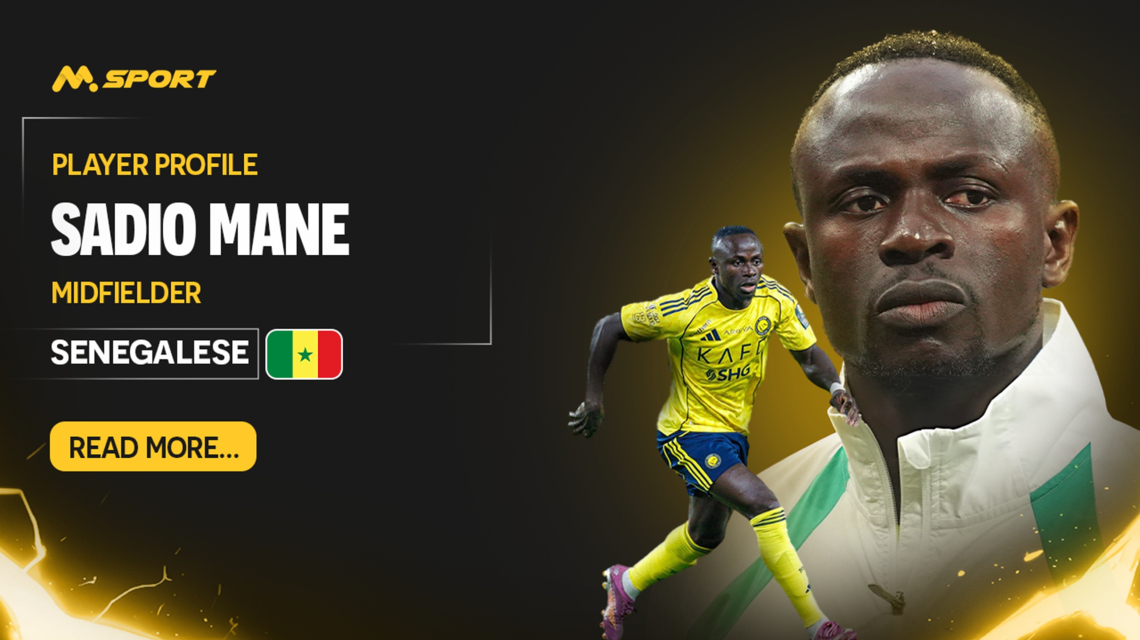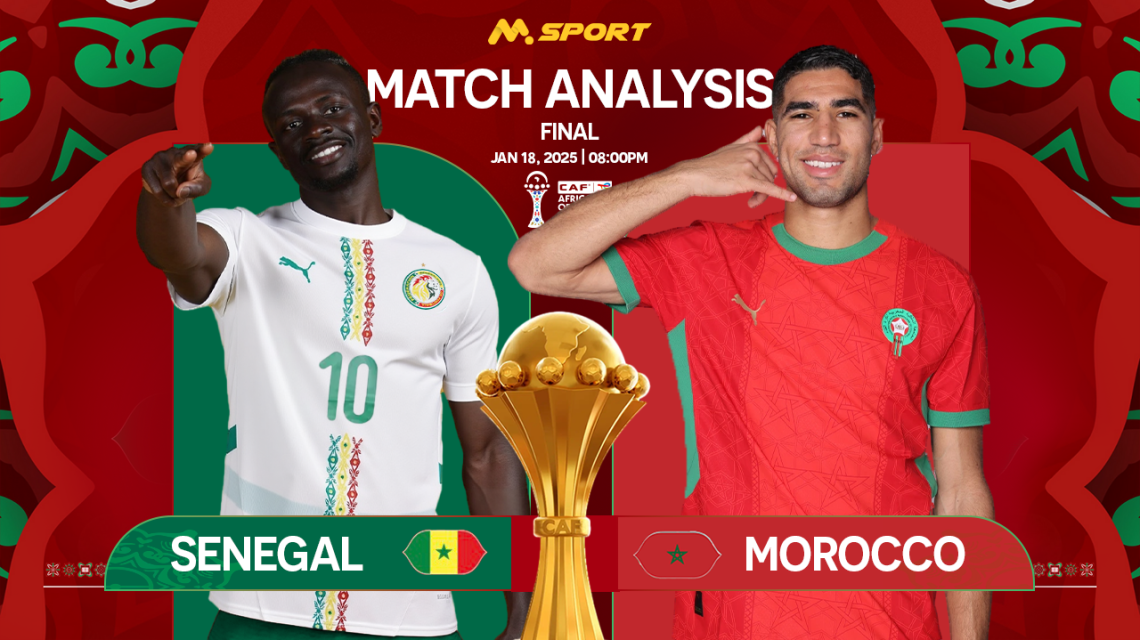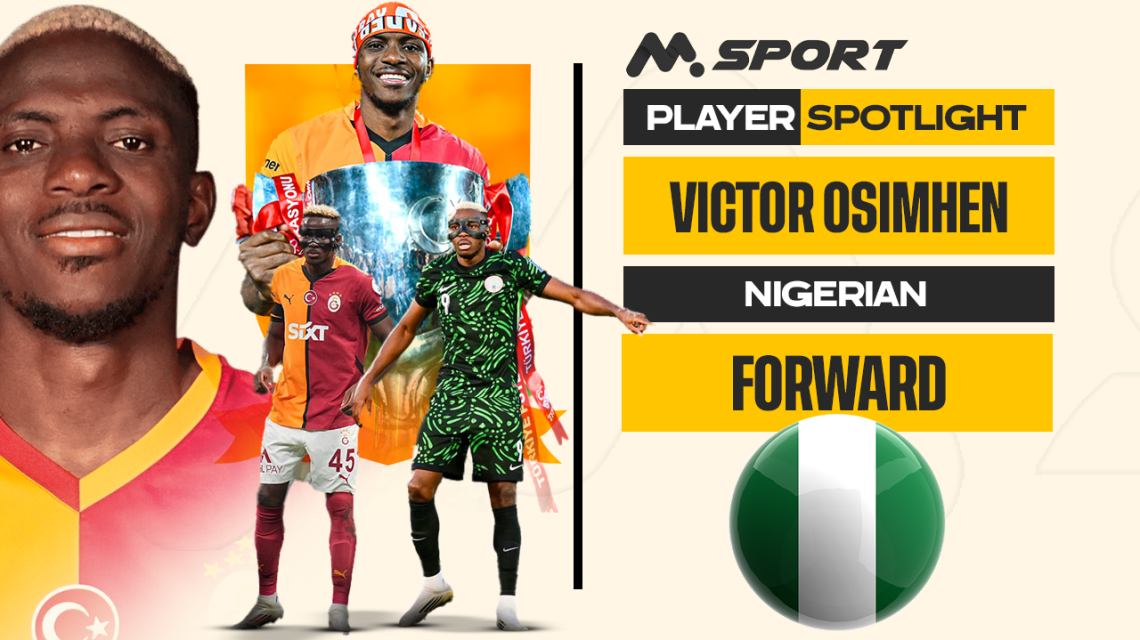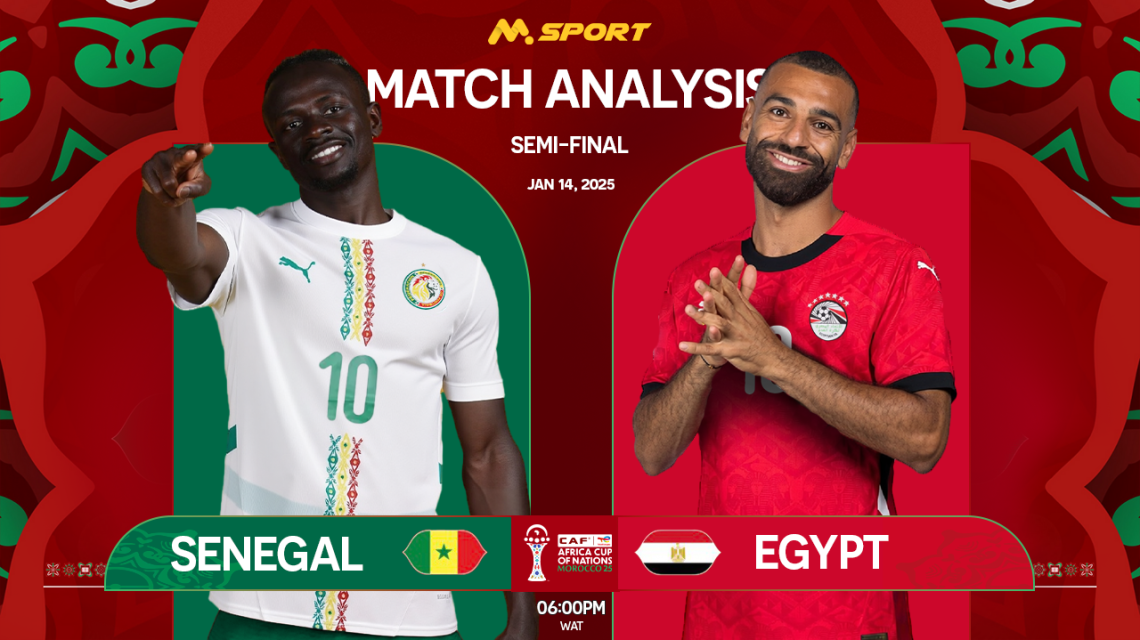When Morocco reached the semi-final of the 2022 World Cup, it wasn’t just history. It was a statement that African football could stand tall among the world’s elite and that success built on structure lasts longer than luck.
Behind the roar of the Atlas Lions in Qatar was a plan quietly put in motion more than a decade ago, a blueprint that has turned Morocco into one of football’s most organized and ambitious nations.
The Vision That Started It All
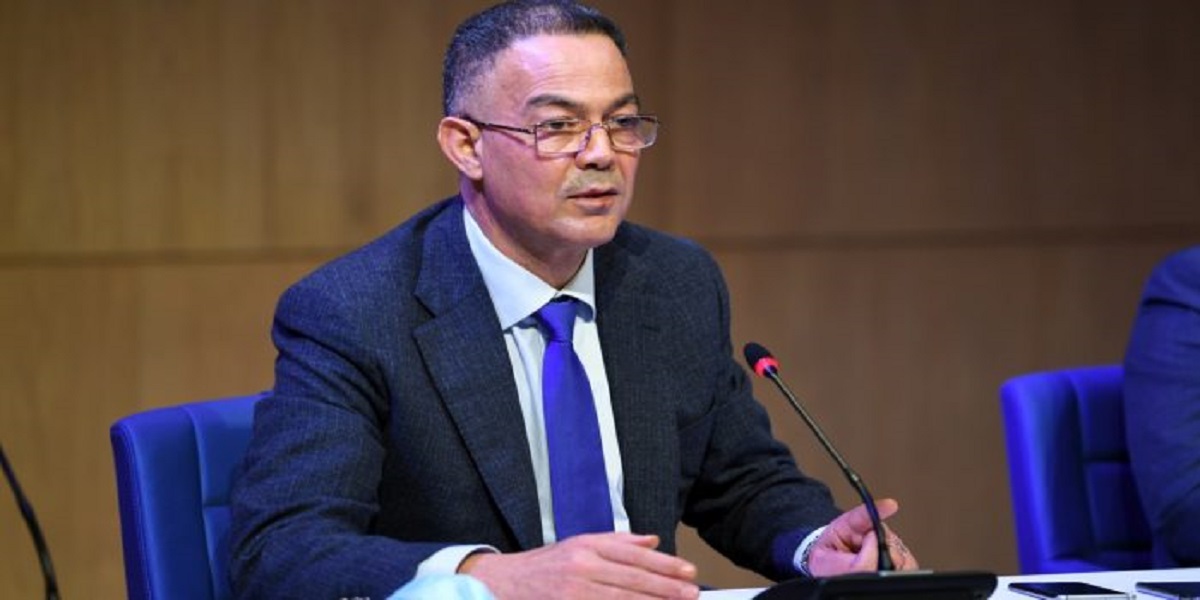
Photo Credit ( Lecollimateur)
At the heart of this rise is a man whose name doesn’t appear on team sheets: Fouzi Lekjaa, president of the Royal Moroccan Football Federation. When he took over in 2014, Morocco’s football was chaotic, full of talent but short on direction and infrastructure.
Lekjaa pushed for a new approach that valued planning over improvisation. “The national team’s achievements are not a coincidence, but the fruit of a strategic vision,” he said recently. “The academy that changed everything has become the true nursery for Moroccan talent.”
That academy, the Mohammed VI Football Academy, opened its doors in 2009 but came alive under Lekjaa’s leadership. With state-of-the-art pitches, dormitories, and education programs, it mirrors the model of French elite academies such as Clairefontaine.
Today, graduates like Youssef En-Nesyri, Azzedine Ounahi, and Nayef Aguerd are global names. They represent proof that structured investment can transform a nation’s football identity.
The System That Connects Everything
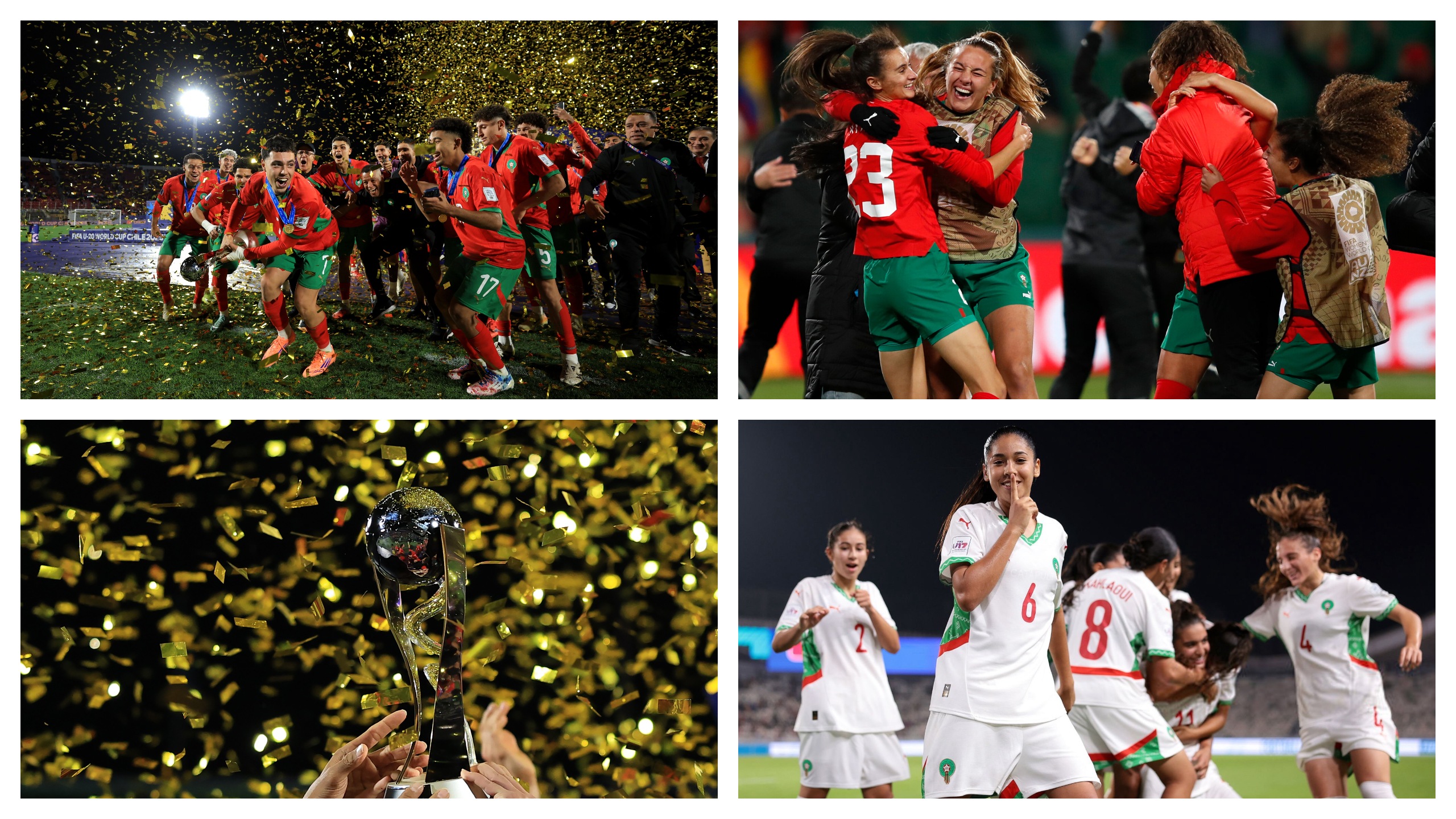
Morocco did not stop at men’s football. Every national team, from U-17 to the women’s side, follows a unified philosophy built around tactical education, technical precision, and physical readiness.
“The quality of training provided by the Academy makes it an example for African and world football,” said Robert Ley, vice-president of the International Federation of Football History and Statistics (IFFHS).
That commitment shows everywhere. The U-17s reached the 2023 Africa Cup of Nations final and later qualified for the U-17 World Cup. The U-23s won the 2023 Africa Cup of Nations and earned a spot at the 2024 Olympics. The U-20s won the men's 2025 World Cup. The women’s national team became the first Arab nation to qualify for the knockout stages of a Women’s World Cup, stunning Germany in the process.This multi-layered progress is no accident. It is the result of a national football ecosystem where data, coaching, and scouting connect seamlessly.
A New Mentality
“The Moroccan senior national team wants to win the World Cup, and that will start from 2026. We are not going to wait for 2030,” said Mohamed Ouahbi, coach of the Morocco U-17 team.
Even Jose Mourinho was moved by their rise. After watching Morocco’s tactical discipline in Qatar, he said, “A team with talent, spirit, and big ambitions.”
Beyond Borders: The Power of the Diaspora
This mix of local talent and international polish has become Morocco’s secret weapon, and one that Africa can learn from.
Lessons for the Continent
And he was right. Morocco has done what many African nations talk about but rarely execute: build, plan, and trust the process.
They have shown that a clear vision, investment in youth, and belief in one national system can rewrite a country’s story.
The Road Ahead
Africa has long been rich in talent but short on structure. Morocco might have found the balance between both, a blueprint for how the continent can rise on its own terms.
And if the rest of Africa is watching closely, this could be the start of something even bigger.

